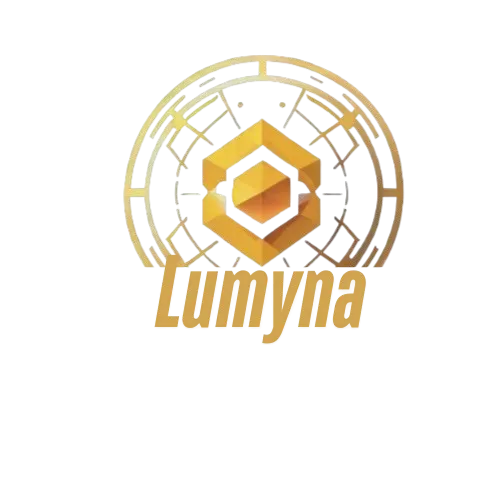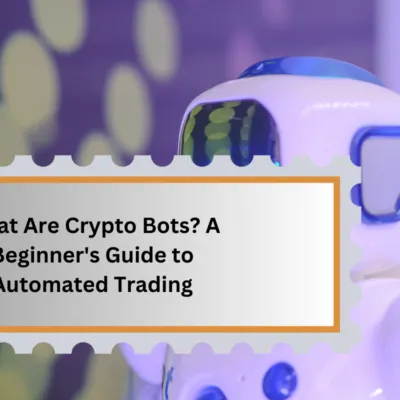What is an altcoin?
An altcoin is any cryptocurrency other than Bitcoin, designed as an alternative to the pioneering digital currency. The term “altcoin” combines “alternative” and “coin,” reflecting their role in the crypto ecosystem. Unlike Bitcoin, which focuses on being a decentralized store of value and payment system, altcoins often introduce unique features or purposes.
Who created altcoins?
Various independent developers, teams, and organizations create altcoins. After Bitcoin’s open-source code was released in 2009, innovators began tweaking it to build new coins. For instance, Namecoin’s creators aimed to decentralize domain name registration, while Ethereum’s Vitalik Buterin sought to enable smart contracts.
When did altcoins emerge?
Altcoins started appearing shortly after Bitcoin’s debut in January 2009. The first notable altcoin, Namecoin, launched in April 2011. Since then, the altcoin market has exploded, driven by experimentation and demand for diverse blockchain solutions.
Where can you get altcoins?
You can purchase altcoins on cryptocurrency exchanges such as Binance, Coinbase, or Kraken. These platforms allow users to trade fiat money (like USD) or Bitcoin for altcoins, making them accessible globally to anyone with an internet connection.
Why do altcoins exist?
Altcoins exist to address Bitcoin’s limitations, such as slow transaction speeds or lack of advanced functionality, or to serve specialized niches. Some aim for faster payments, others for privacy (e.g., Monero), and some, like Ethereum, power decentralized applications.
How do you buy altcoins?
To buy altcoins, sign up for an account on an exchange, verify your identity, deposit funds (cash or crypto like BTC), and then trade for your chosen altcoin. Wallets store your purchases securely.
Related Questions:
- Are altcoins better than Bitcoin? It varies—some offer speed or versatility, but Bitcoin’s security and recognition dominate.
- What’s an example of an altcoin? Ethereum (ETH), famous for smart contracts, is a leading example.
- Can altcoins fail? Yes, many fade due to poor adoption, scams, or lack of purpose.
- How many altcoins are there? Thousands circulate, with new projects emerging frequently on platforms like CoinMarketCap.




